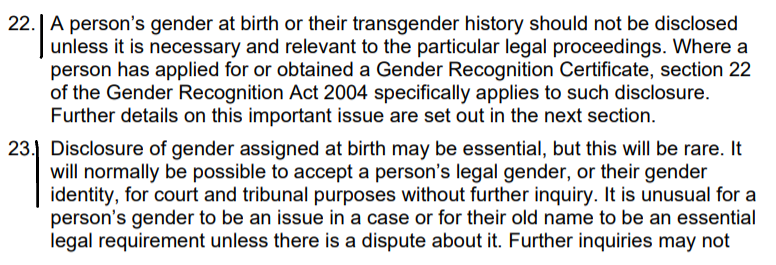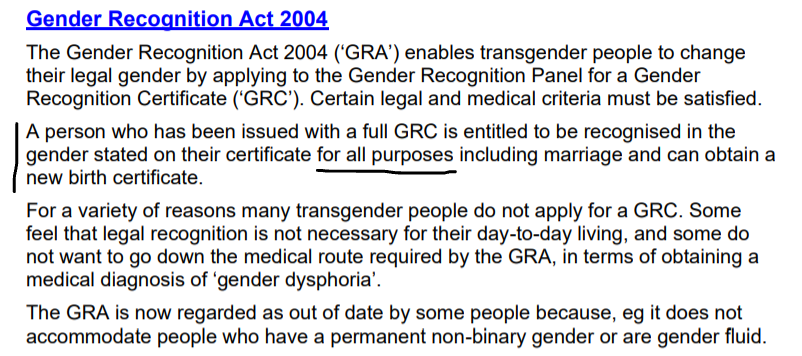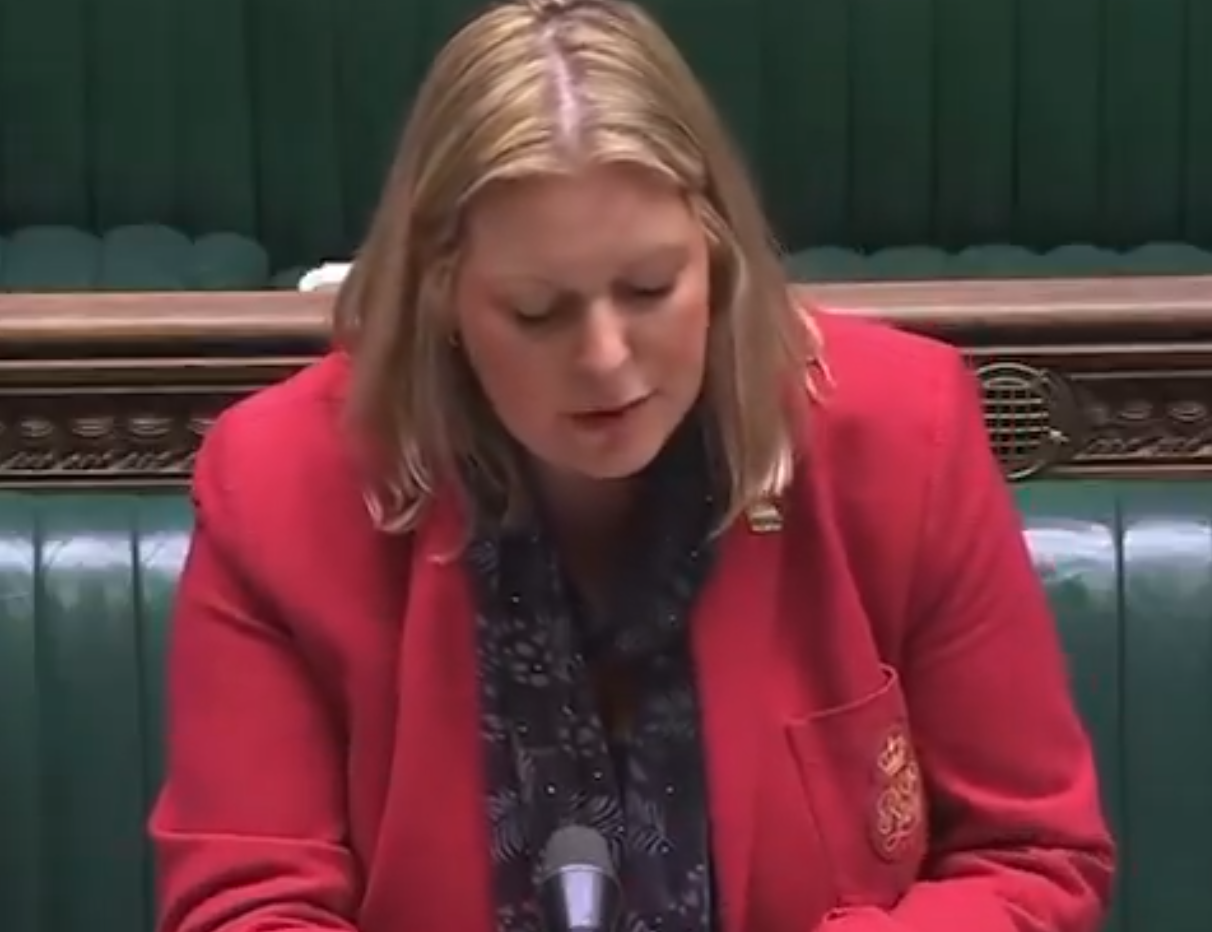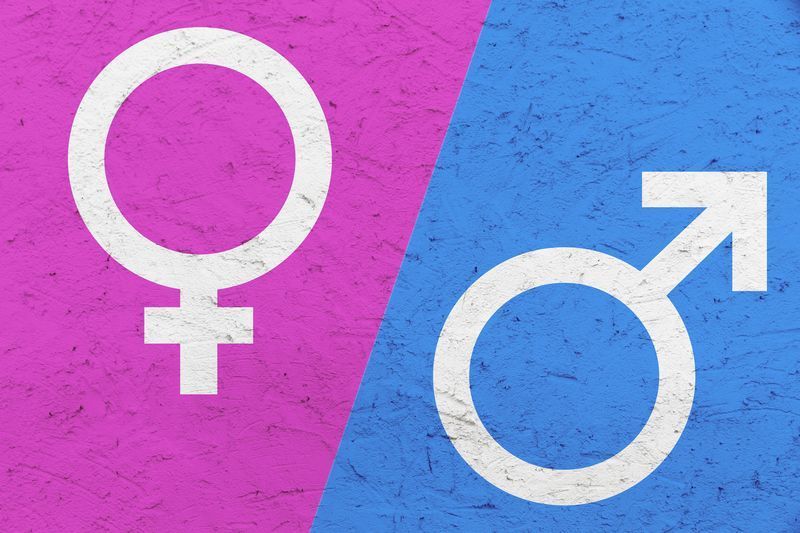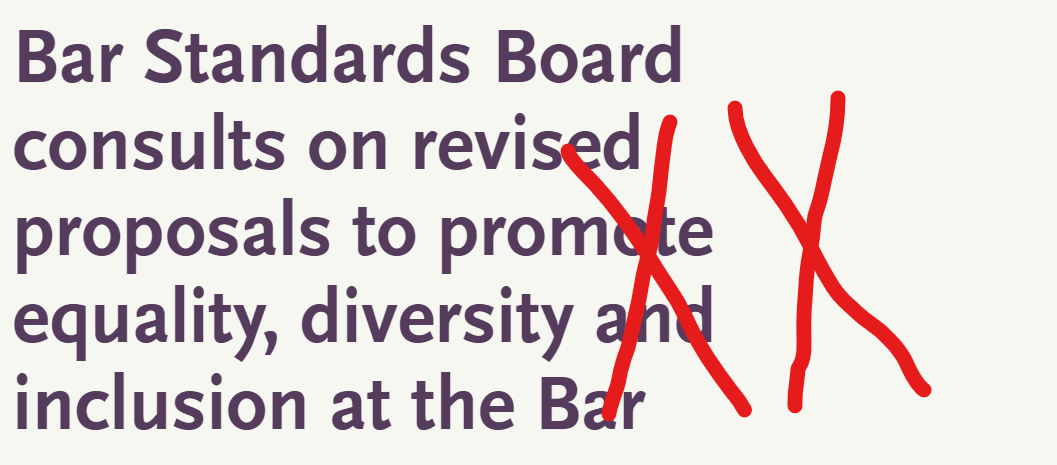We have written to the Lord Chief Justice to raise our concerns.
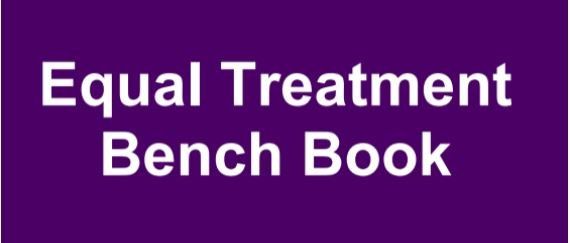
Caroline ffiske was a Conservative Councillor for Eight Years. Published on 26 May 2021.
Dear Lord Burnett,
We are writing to draw your attention to our concerns with the recently revised Equal Treatment Bench Book, produced by the Judicial College, and used to guide our judicial system across England and Wales. Our concerns relate to the guidance on how judges and courts should interact with trans-identifying individuals within the court system.
The guidance: threatens the integrity of the courts, corrodes our understanding of crime, undermines freedom of speech, and erodes women's rights. Most significantly, it mis-states the law. That a document authored by our judicial college, for use by judges, can egregiously mis-state the law is something we hope you will take seriously and investigate.
We urge you to read the whole of the relevant chapter contained
here, starting at page 324. However, we have also set out our evidence for the claims we make below.
The Bench Book threatens the integrity of the courts
The Bench Book suggests that in almost all circumstances, within the criminal justice system a trans person's sex should remain unmentioned. The suggestion is that people should be described in court, in documentation, in reporting, as however they ‘self-identify’. The trouble is that, in reality, humans can almost always accurately sex each other within seconds. Therefore to imply that a trans person's actual sex can not be referred to within the court, and that everyone within the court should be required to participate in a fiction - possibly as directed by a violent criminal - risks gaslighting everyone involved. All must participate, in a fiction, within a system whose purpose is to seek the truth. This undermines the courts and the integrity of the justice system.
The Bench Book threatens our ability to understand crime
Men commit the vast majority of crimes in this country. Understanding that matters, for the study and management of criminality, and for women's safety. But, as above, the Bench Book suggests that, in almost all circumstances, within the criminal justice system a trans person's sex should remain unmentioned.
The end result is that police and court records mis-state the actual sex of the perpetrators of violent crimes.We end up with situations like that of
Rachel Richard Newton, a male paedophile recorded as female in the public record. Police and court data then feed into the Office of National Statistics. We end up with false data and false statistics,
false newspaper reports, and ultimately false public perception and even an inability to actually find the truth.
Women stop trusting reports about the increase in the number of
female sex offenders.
And ultimately we end up making life more dangerous for women: 'It's got dark and I'm not through the park - should I hurry and tail that other woman...? - Or perhaps not...?'
The Bench Book undermines freedom of speech
The Bench Book says that the preferred pronouns of trans people should be used within the court system. But many women are unwilling to use the preferred pronouns of trans-identifying males who have committed serious crimes. The reasons are obvious. It is insulting to women. It embraces a fiction that many women reject. It puts the rights of sometimes violent offenders above and before the freedom of speech and moral integrity of women.
This guidance has already impacted at least
one victim of violence by a transgender woman. She was ‘reprimanded in court for using male pronouns while describing the attack. Finding the defendant guilty, the judge nevertheless refused the victim compensation, saying that when asked to refer to the defendant as ‘she’, the victim had done so with ‘bad grace’ or continued to use ‘he’’.
Can I ask you how this respects women? Free speech? Freedom of conscience?
The Bench Book undermines women's rights
The Bench Book implies that people have a right to keep their sex hidden at work. This, in turn, must imply that trans-identifying males have the right to use the women's bathroom facilities at work, without any prior discussion. Who said so? What right does the Judicial College have to push this one-sided agenda which many women object to? In fact the Government has recently re-confirmed that public places are required to have
single sex bathroom facilities. The Bench Book subtlety contributes to the undermining of women's rights.
The Bench Book mis-states the law
The Bench Book states that a person with a full Gender Recognition Certificate is entitled to be recognised as the gender stated on their certificate 'for all purposes'. This is a straight-forward mis-statement of the law. The Equality Act sets out more than one situation where trans-identifying males with a GRC may be treated differently to women. These provisions are not hard to find and generally allow for different treatment when it is a ‘proportionate means of achieving a legitimate aim’. For example, see the discussion about communal accommodation within
Schedule 23. It is unacceptable that the Bench Book so egregiously mis-states the law. We hope that you will seek an urgent correction.
Lord Burnett, gender ideology is damaging our society. It seems to have been embraced by the Judicial College. Mis-stating the law in a document intended for use in our courts is a serious matter. So is the assault on: the integrity of truth-telling in court and on the public record, free speech and freedom of conscience, and women’s rights. We hope you will take our concerns seriously and investigate what we have raised.
Conservatives for Women




